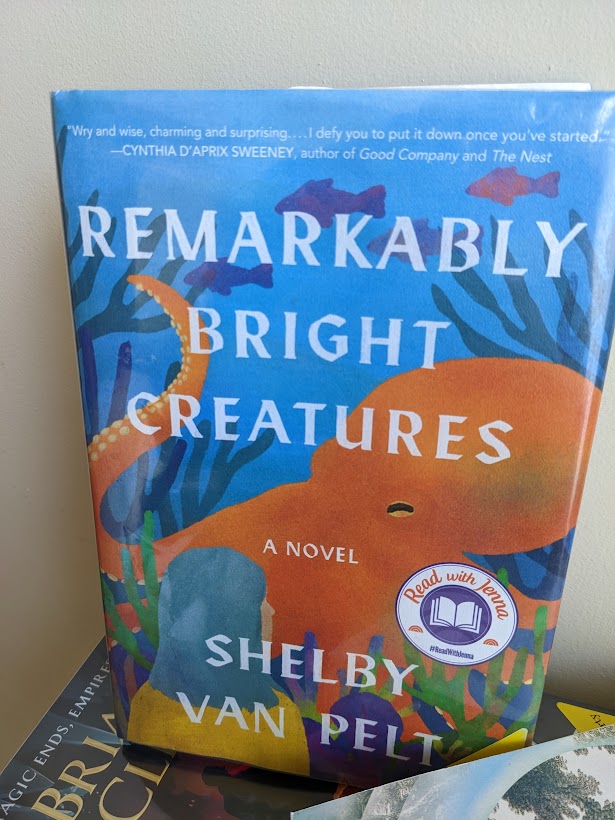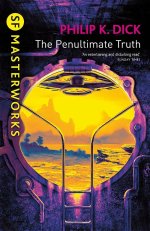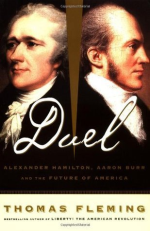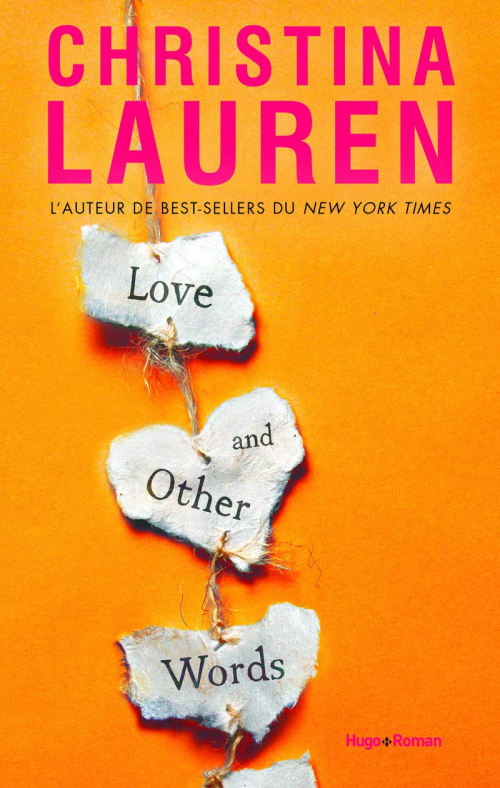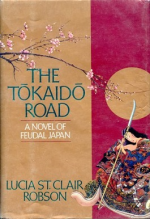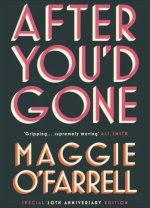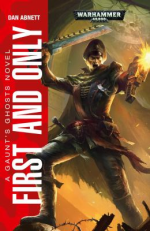
The Gaunt's Ghost series
By Dan Abnett
I just finished the last book in the 15 book series of Gaunt's Ghosts.
It's quickly become one of my favorite fiction series, not really because of my WH40K fandom, but because they didn't need to be great for me to like them, and they were in fact great.
I've watched some interviews with Dan Abnett after I completed book 15, since I didn't want any spoilers, and found it rather amazing that he was basically winging it through the whole series. The 15 book story arc is well thought out and paced, complete with foreshadowing that might take several books to come to fruition, and he did it not really knowing himself what was going to happen next.
Also, I think that is probably why the books were so good. Abnett was given free reign to develop the story as he wanted, and so he created an entirely new and unique part of the WH40K galaxy that never existed, and characters and planets, all to the point where he was essentially writing his own sci-fi universe that happened to include WH40K window dressing.
It's an excellent series of books about a group of front line soldiers fighting in a seemingly unwinnable campaign against a brutal enemy. In some ways I liken it to the TV series Band of Brothers which was a dramatization of a book that was more of a history tome than a dramatic narrative. In Gaunt's Ghosts you have the dramatization, but occasionally it is interspersed with quotes from imaginary history books written after the events discussing the key events in the campaign.
All that said there are the very occasional winces when it appeared that Abnett was not all that versed in the fictional technologies of WH40K... but I can count on 1 hand the times it happened, and all of them were Abnett not seeming to be all that familiar with laser weapons. A sniper doesn't need to adjust for windage with a laser, for instance. That said, I guess it can be confusing since WH40K has weapons where lasers are the propellant of a solid round, so *shrug*.
So anyway, if you want to get lost in a brutal, violent universe interspersed with the bizarre, some palace intrigue and a bit of warp magic, I highly recommend the Gaunt's Ghosts series.
You don't need to be a WH40K fan to enjoy them.

